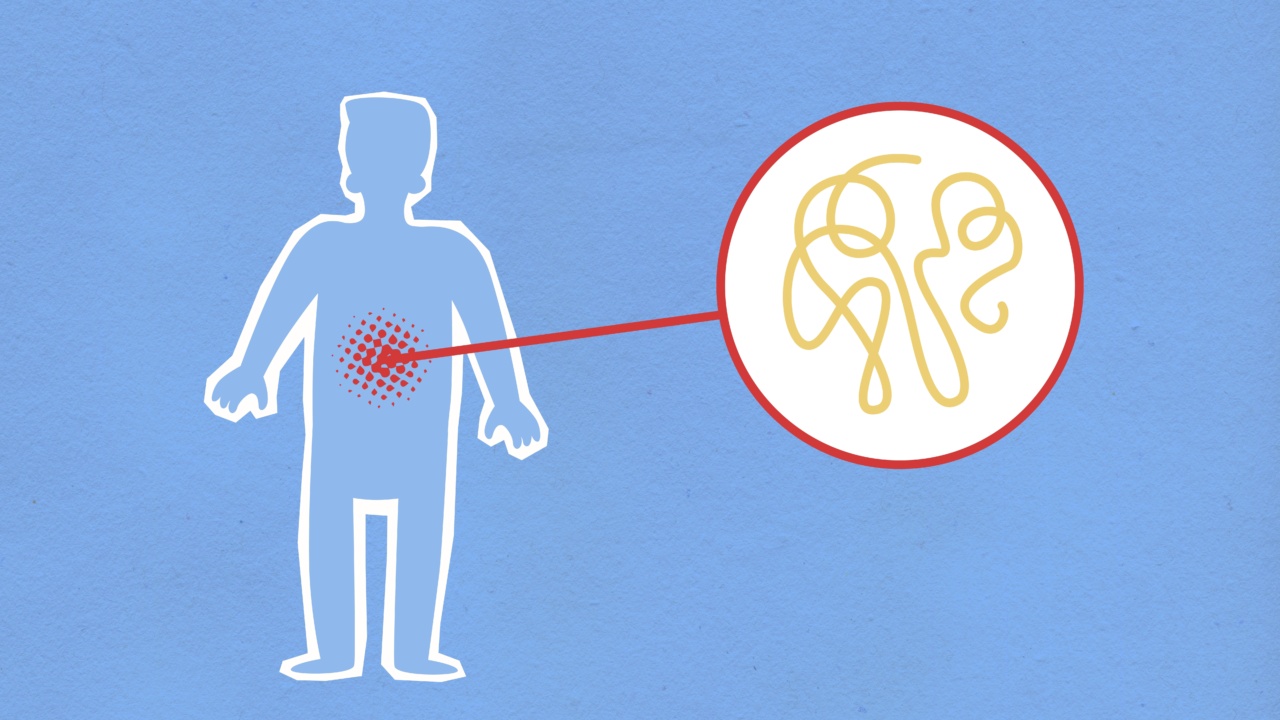Chronic inflammation is a condition that occurs when the body’s immune system undergoes a persistent state of inflammation.
Unlike acute inflammation, which is a natural response to injury or infection and lasts for a short duration, chronic inflammation can last for weeks, months, or even years. It is often a silent and underlying factor behind various health conditions and can lead to long-term damage if left untreated. Identifying the signs and symptoms of chronic inflammation is crucial for early detection and intervention.
In this article, we will explore ten body signals that may indicate chronic inflammation.
1. Persistent fatigue
One of the common signs of chronic inflammation is persistent fatigue. If you constantly feel tired and lack energy, despite getting enough sleep, it might be a red flag for chronic inflammation.
Inflammation releases certain chemicals that can disrupt your sleep patterns, leading to fatigue and low energy levels.
2. Joint pain and stiffness
Joint pain and stiffness are often associated with chronic inflammatory conditions such as rheumatoid arthritis. If you experience recurring joint pain and stiffness, especially in the morning, it might be an indication of chronic inflammation.
Inflammation can cause damage to the joints, leading to pain, swelling, and limited mobility.
3. Digestive issues
Chronic inflammation can also affect the digestive system, causing issues like bloating, gas, diarrhea, or abdominal pain.
Conditions like inflammatory bowel disease (IBD) and irritable bowel syndrome (IBS) are characterized by chronic inflammation in the digestive tract. If you frequently experience digestive problems, it is important to explore the possibility of underlying chronic inflammation.
4. Skin problems
Chronic inflammation can manifest as various skin problems such as rashes, redness, acne, or psoriasis. Inflammation in the body triggers the release of certain chemicals that can affect the skin and lead to dermatological issues.
If you notice persistent or recurring skin problems, it might be an indication of chronic inflammation.
5. Allergies and asthma
Chronic inflammation can contribute to the development or worsening of allergies and asthma. When the immune system is in a state of chronic inflammation, it becomes overly sensitive to certain allergens, leading to allergic reactions.
Similarly, chronic inflammation in the airways can cause asthma symptoms like wheezing, coughing, and shortness of breath.
6. Weight gain or difficulty losing weight
If you struggle with weight gain or find it difficult to lose weight despite efforts, chronic inflammation could be a contributing factor.
Inflammation can interfere with normal metabolic processes and hormonal balance, leading to weight gain or difficulty shedding excess pounds. Addressing chronic inflammation may be essential for achieving and maintaining a healthy weight.
7. Mood disorders
Research has shown a link between chronic inflammation and mood disorders such as depression and anxiety. Inflammation can affect the production and regulation of neurotransmitters, which play a crucial role in maintaining mental well-being.
If you experience persistent feelings of sadness, anxiety, or irritability, it is important to consider chronic inflammation as a potential factor.
8. Chronic pain
Chronic pain, such as headaches, backaches, or muscle pain, can be a result of chronic inflammation. Inflammatory chemicals can sensitize nerves, leading to persistent pain signals.
If you frequently experience unexplained or recurring pain, it is essential to investigate whether chronic inflammation is an underlying cause.
9. Frequent infections
While inflammation is a natural response to infections, chronic inflammation can weaken the immune system, making you more susceptible to infections.
If you find yourself getting sick frequently or having trouble recovering from infections, it could indicate ongoing inflammation. Addressing the underlying chronic inflammation is crucial for strengthening the immune system.
10. Elevated markers in blood tests
Blood tests can provide valuable information about the presence of chronic inflammation in the body. Elevated levels of certain markers, such as C-reactive protein (CRP) and erythrocyte sedimentation rate (ESR), can indicate ongoing inflammation.
If you have concerns about chronic inflammation, consult with your healthcare provider to conduct relevant blood tests and interpret the results.
In conclusion, recognizing the signals and symptoms of chronic inflammation is crucial for early detection and proper management.
Persistent fatigue, joint pain and stiffness, digestive issues, skin problems, allergies and asthma, weight gain or difficulty losing weight, mood disorders, chronic pain, frequent infections, and elevated markers in blood tests are all potential indicators of chronic inflammation. If you experience any of these symptoms, it is important to consult with a healthcare professional to evaluate your condition and develop an appropriate treatment plan.































